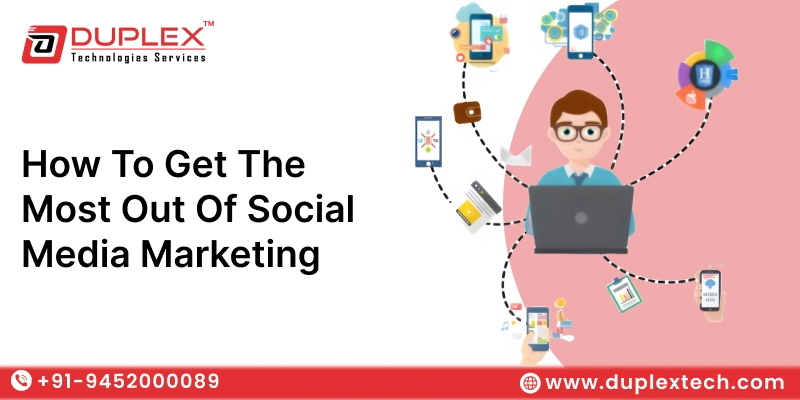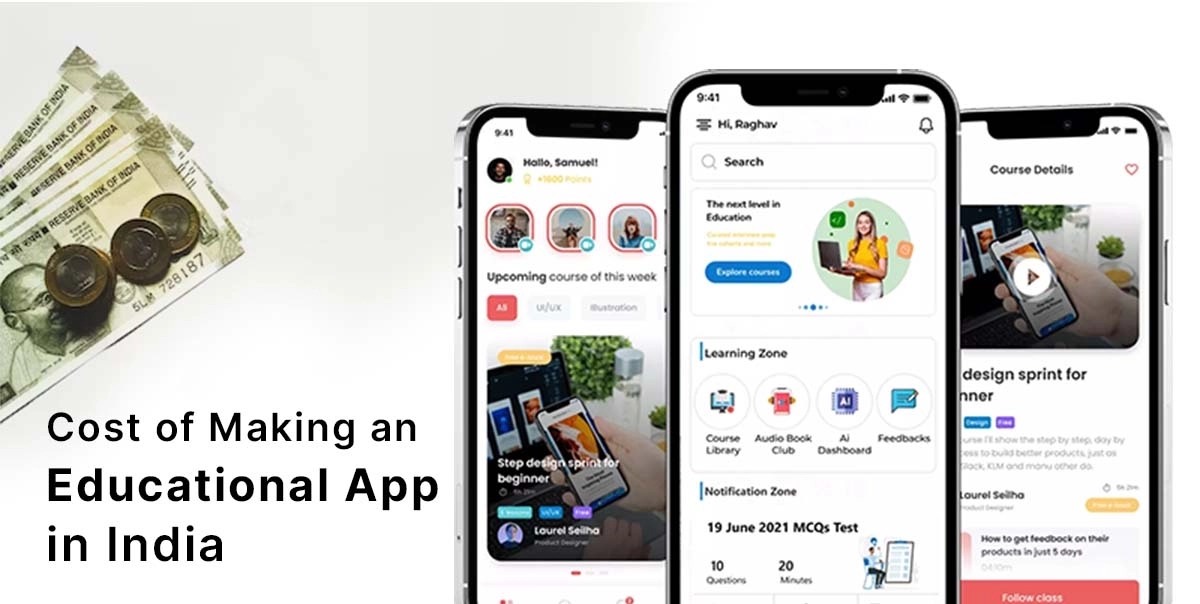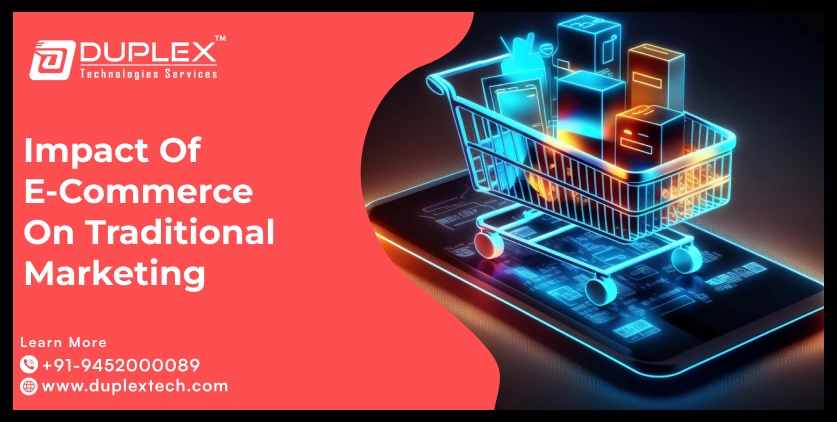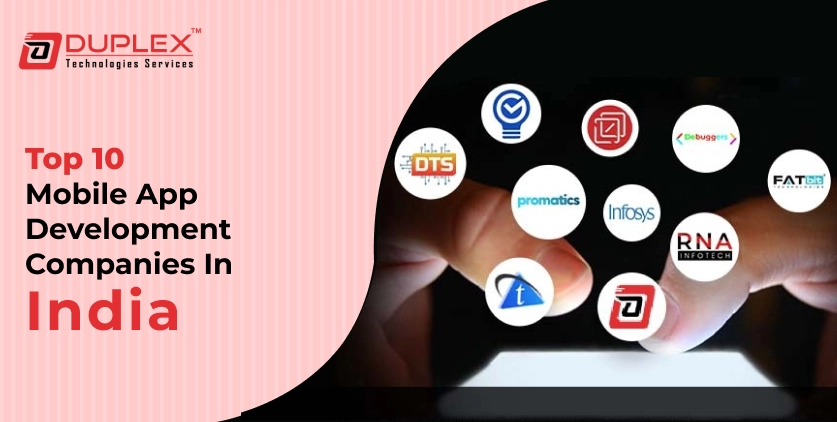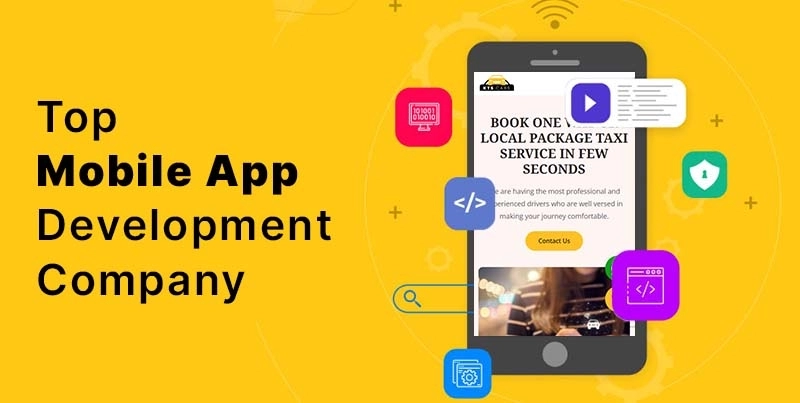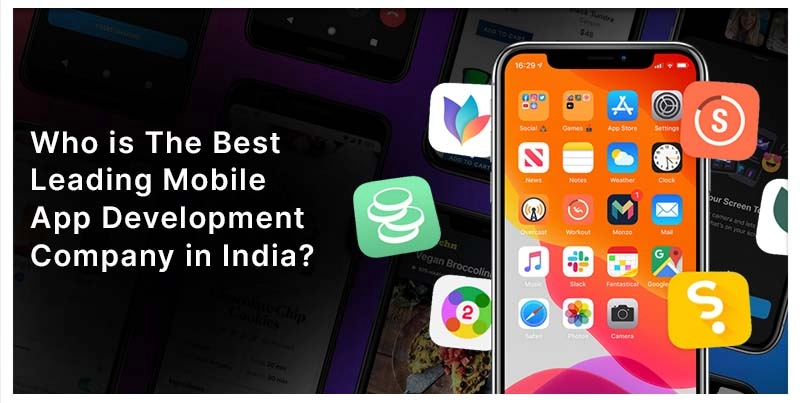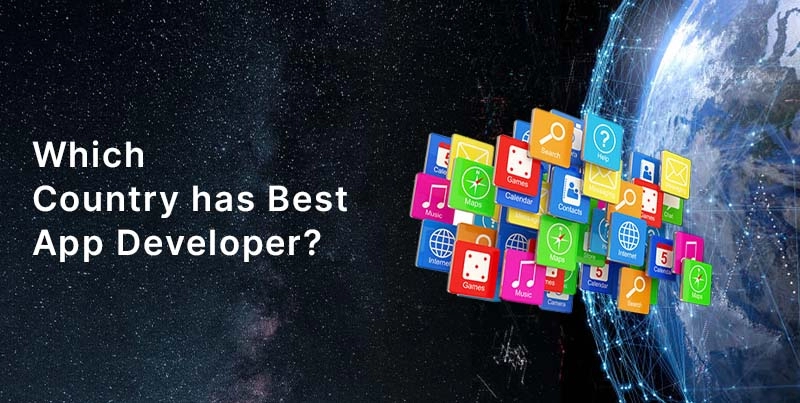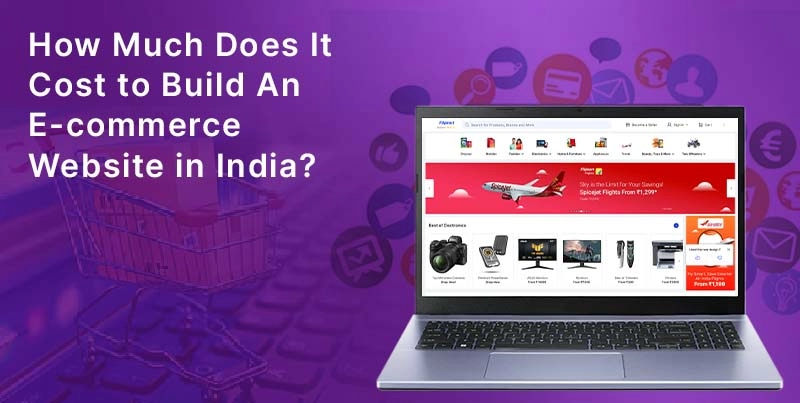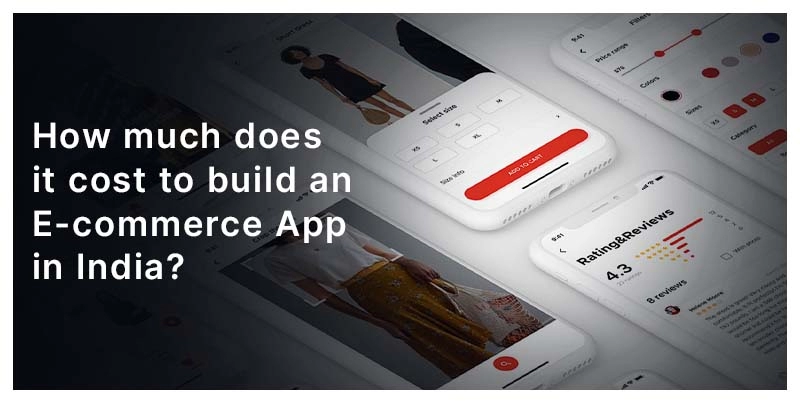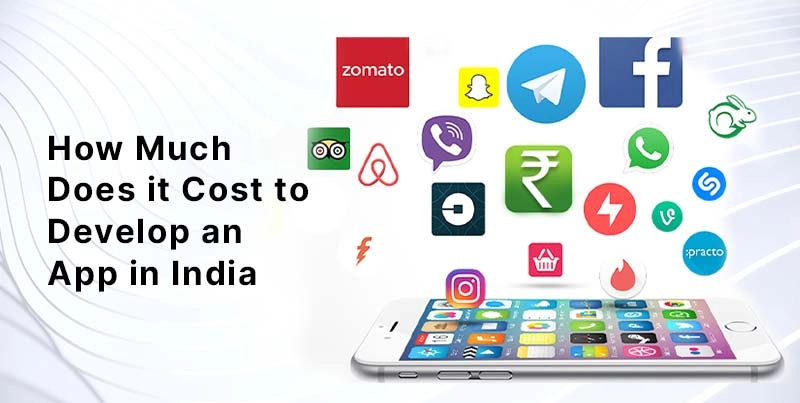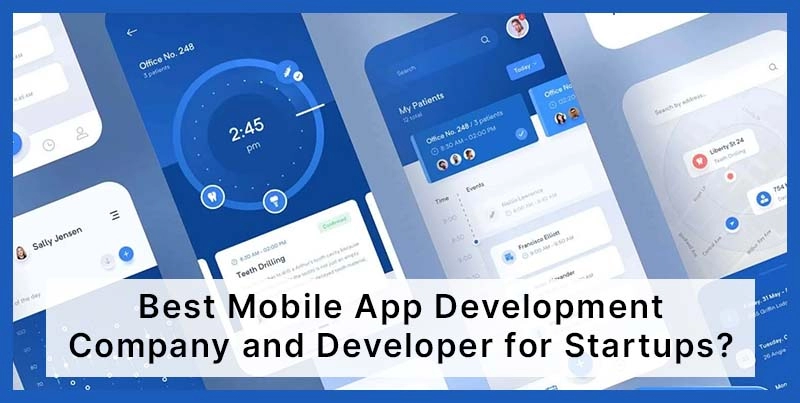Essential E-commerce Developer Skills and Qualities for a Skilled E-commerce Developer
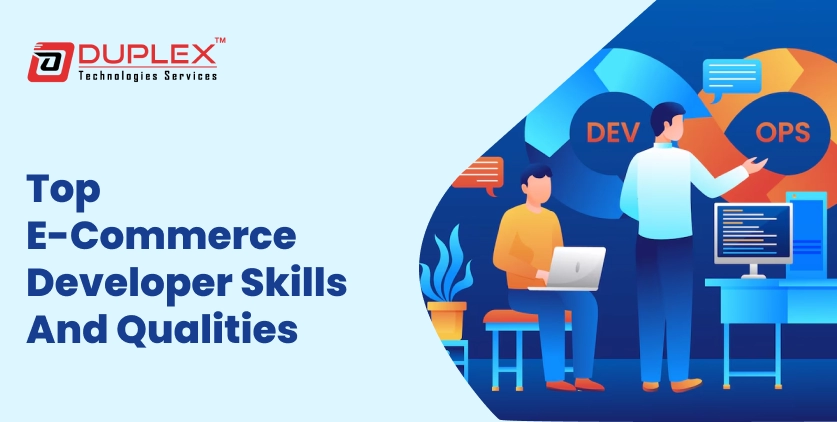
Posted By : Adarsh Mishra, Posted Date : Oct 05, 2024
Introduction: E-Commerce Developer Skills
If you are planning to hire an e-commerce developer to uplift your business online, this blog will help you. After in-depth research, we have created a list of e-commerce developer skills. These qualities of e-commerce developer are what make the business successful. The sector of e-commerce has also steadily developed; sales through the Internet can grow up to $6.5 trillion. Thus, the development of the new global digital landscape has increased the demand for professional e-commerce developers. To qualify to develop applications that exploit this opportunity, developers need a cocktail of technical ability, business smarts, and interpersonal skills.
Awareness of basic technologies, e.g., programming languages, e-commerce platforms, and web development frameworks, is important at this stage in developing touchless shopping solutions. Through these skilled e-commerce developers, the developers stand to gain improved marketability for their services, boost the company’s revenue, and adapt swiftly to the growing market for e-commerce businesses. It also means that the idea of staying ahead in business requires one to be flexible and knowledgeable.
Table of Contents
Technical Skills or Qualities of E-commerce Developer
A skilled e-commerce developer must have knowledge of these:
-
Knowledge of Programming languages: Computer languages are the basic building blocks of e-commerce development. HTML, CSS, JavaScript, PHP Python, and Ruby are some of the programming languages the developers must possess for the creation of appealing web applications. HTML gives structure, CSS puts a firewall on the structure, JavaScript makes the client-side scripting, and PHP/Python gives server-side scripting.
-
Proficiency in using e-commerce platforms: Magento, WooCommerce, Shopify, and BigCommerce are e-commerce platforms that are not easy to understand without a specific education. To tailor and enhance omnichannel selling environments, skilled e-commerce developer must grasp the platform, architecture, themes, plugins, and extensions.
-
Database management: It is important for e-commerce applications where developers need to create and maintain databases with the help of tools such as MySQL, MongoDB, and PostgreSQL. To do this, they should know about data modeling, schema design, querying, and optimization methods in data storage and retrieval.
-
Front-end frameworks: These view layer development frameworks like React JS, Angular JS, and Vue JS are used to provide responsive and user-friendly interfaces. Leveraging reactive programming, the component-based architecture of React is suitable for larger applications, and Angular, on the other hand, offers a full-fledged framework for enterprises.
-
Back-end frameworks: e-commerce application-specific back-end development frameworks like Node.js, Django, and Laravel contain the necessary server functions. Node.js, a JavaScript-based platform, supports bi-directional communication and highly scalable applications, while Django supports high-speed websites and efficient authentication systems.
Web Development Qualities of E-commerce Developer
e-commerce developer skills include:
-
Responsive design: A skilled e-commerce developer needs to create an optimal user experience for any site visitor across any number of devices and sizes of screen. This involves employing flexible grid, image, and media queries to help with the placement of layouts and content. Bootstrap and Foundation are examples of frameworks that developers should learn to work more effectively within a responsive design.
-
Mobile-first development: Another qualities of e-commerce developer is mobile-first, which directly addresses the needs of users on mobile devices and adapts the web resources for them by shifting the main focus to small-sized displays. Due to the usage of mobile devices, simplicity, minimalism, and site loading speed should be a priority for developers.
-
Web performance optimization: It is important to every e-commerce website as it determines usability, search engine visibility, and conversion rates. Thus, developers have to pay special attention to the speed of pages, optimization of images, and caching. Certain procedures like code minification, compression, and references to content delivery networks (CDNs) boost the work of the site.
-
Security guidelines: Security guidelines should thus be adopted, especially in the flourishing e-commerce development, as the latter protects client’s information and repels dangers. To enhance security, developers should include HTTPS encryption of all protocols, SSL certificates, and frequent security scans. They should also require proper input from the user, accept payment through secure protocols, and update software.
Soft Skills of a Skilled E-commerce Developer
A skilled e-commerce developer must have these soft skills:
-
Clear communication: As an e-commerce developer, they have to communicate extensively with the designers, project managers, and stakeholders. Project communication enables the smooth working and execution of the project, while cross-functional teams help in the innovative solving of problems. It is also important for a developer to learn how to communicate effectively and work effectively within a team because good work relationships will aid in improving project performance.
-
Problem-solving skills: analyzing decision-making and debugging are among the essential soft skills that e-commerce developers need to have to quickly identify complex problems and solve them. These e-commerce developer skills include problem-solving, analysis of root causes of the problems, and coming up with unique decision-making approaches. In other words, problem-solving and debugging skills are essential for developers to shorten project hours and increase quality.
-
Time-management: These qualities of e-commerce developer allow e-commerce developers flexibility to complete the projects within the required timeframe and also address changes in the requirements. Time management entails making choices about what needs to be accomplished, and when it should be accomplished, all while avoiding or eliminating any possible hindrances. It means that adopting new technologies or trends will enable developers to survive and lead to business advancements.
-
Custmore-centered approach: Adoption of customer orientation is crucial for e-commerce developers to be in a position to come up with friendly interfaces, and good shopping experiences. This refers to embracing an appreciation of customers and their requirements, choices, and challenges during the development process. Giving customer-focused thinking a higher priority assists the developers bring benefits to their business as well as the customer.
-
Continuous learning: The best practice is to sharpen the knowledge of skilled e-commerce developer through constant improvement in capabilities and skills. This includes going to seminars, conferences, workshops, and online training to update on more skills and information. Continuous learning as a professional development goal has the potential to improve career opportunities and keep the developers current.
The skilled e-commerce developer must know these technologies
-
Artificial intelligence and machine learning: These technologies engage data intelligence and utilization in aggravation and experiences of e-commerce. The functions of generative AI that are observed in companies include AI chatbots and recommendation systems for customers, and ML for efficient supply chains and demand forecasting. AI and ML can be helpful for businesses to improve efficiency, sales, and customer satisfaction.
-
Voice search: Voice commerce and conversational UI transform the approach towards e-commerce, making voice-enabled shopping, as well as checkouts, possible. Products such as Amazon’s Alexa and Google Home enable people to shop without touching anything; conversational UI enhances customer service.
-
Augmented/Virtual reality: E-business experiences are made engaging through augmented reality and virtual reality, leading to innovative experimentation in product demonstrations and storytelling. AR and VR technologies increase sales and shorten the return rate of customers. AR and VR allow businesses to set themselves apart and continuously work on the initiative.
-
Progressive web apps: PWAs are a combination of web and mobile, with the benefits of fast loading time, offline mode, and ease of use. PWAs optimize user experience and boost interaction, and rates of conversion. Through the creation of PWAs, organizations can deliver high-quality experiences across the various devices used by consumers.
-
Blockchain: Blockchain and cryptocurrency maintain e-commerce security and authenticity of a transaction. Blockchain technology deals with the issue of proving the legitimacy of goods and cryptocurrency ensures payment security. However, by embracing blockchain and cryptocurrency, firms can reduce fraud and extend security and trust for customers.
Conclusion
Currently, the e-commerce market is experiencing intense competition, which means that anyone who wants to break into this sphere must meet strict requirements for technical and commercial knowledge, as well as today’s employees and employers require excellent technical, business, and interpersonal skills. It is important to have a good knowledge of various e-commerce developer skills such as programming languages, e-commerce platforms, and, web development frameworks. Furthermore, other qualities of e-commerce developer include usability, responsibility, accessibility, and security, as well as designing for web performance. Technological literacy of novelties such as AI, AR/VR, and blockchain creating efficient communication, problem-solving, and a and customer-oriented mindset will enable e-commerce developers to contribute to business development, enhance the scope of innovations, and deliver outstanding satisfaction to customers.
